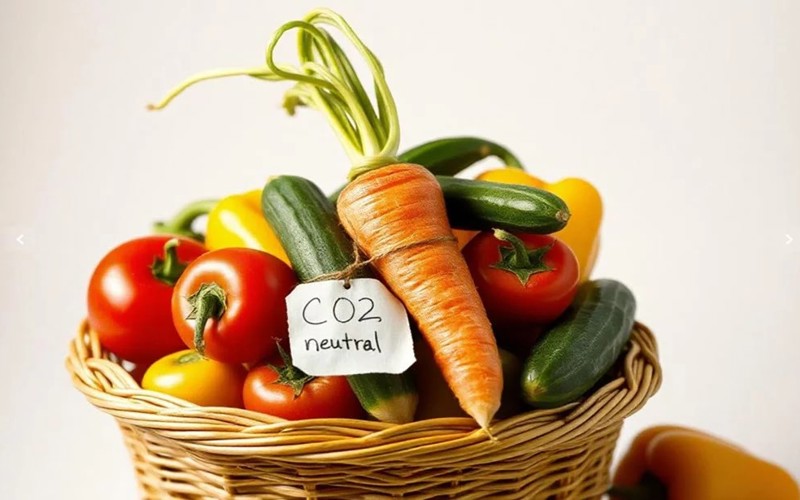Many costs and benefits of food systems are not reflected in food prices. This is considered a major cause of their negative impacts on environment and society since it leads to distorted incentives. Indeed, unsustainable and unhealthy food is oftentimes more affordable for consumers and more profitable for producers, but imposes high costs on societies in the form of detrimental health effects or environmental damages. The Scientific Group from the United Nations Food Systems Summit estimates that food systems cost globally nearly three times the market value of food. It is widely acknowledged that food systems have to radically transform if we are to meet Agenda 2030 and reconcile growing food demand with a reduction of their environmental and health impacts while responding to climate, economic, and political crises. True cost accounting for food (TCAF) - assessing social, environmental and health impacts in monetary terms - is a response to this challenge. The project TRUE-COST goes beyond the state-of-the-art: while health impacts have been identified as representing the highest external costs of food, they are still to be included in existing TCAF methodologies. From a political point of view, TCAF is permeating Swiss policies - the 2030 Sustainable Development Strategy1 outlines that “the Confederation is committed to ensuring true cost pricing by internalising external costs”, while the Future Direction of Agricultural Policy2 sets the increase of transparency and true costs as one of five areas of action. Rooted in this very context, the ambition of TRUE-COST is to contribute to the transformation of the Swiss food system towards a more sustainable, resilient and fair one by developing pathways of implementation for TCAF. Our assumption is that TCAF leads to the transformation of the food system, as pricing externalities could lead to a change of behaviour of stakeholders along the value chain. We plan to provide comprehensive knowledge on TCAF, including health impacts assessment, and to identify the framework conditions necessary not only for the calculation, but more innovatively, for the implementation of the TCAF principles. This entails, among others, the creation of different compensation mechanisms (e.g., mixes of taxes and/or subsidies) to ensure the acceptability of the true cost along the value chain thus creating incentives to produce as well as to consume more sustainable and healthier food. The specific goals of the project are 1) to establish knowledge transfer both within the project’s partners and to the large public, including by creating a common ontology and a harmonised TCAF methodology for Switzerland; 2) to build a macro understanding of the true cost of the Swiss food system through an impact modelling and an e nomic modelling which explores options of compensation mechanisms; 3) to create spaces of consensus on the role of TCAF in the Swiss food system and the need for policy changes; 4) to explore TCAF opportunities for the private sector, including the impact on business models; 5) to investigate consumer responses when faced with different ways of communicating TCAF. The final outcome is the consensus of stakeholders on the implementation pathways of TCAF in Switzerland. TRUE-COST takes an interdisciplinary, holistic and systemic approach to food systems. The project benefits from the rich and complementary expertise of the applicants, including public health (UNIL-UNISANTE), business (HEG-FR), agriculture and environment (UNIL-IGD), health and agriculture economics (UNIL-UNISANTE and UNIL-IGD), and technology and modelling (EPFL-LEURE). As TRUE-COST aims beyond academia, the consortium teams up with local start-ups, enterprises, and international experts which ensures that bridges are built with society and the private sector. The project established a multi-stakeholder community which has already met in October 2022.

Running time
2024 to 2027
Project manager
Full Professor UAS/Director CCRS